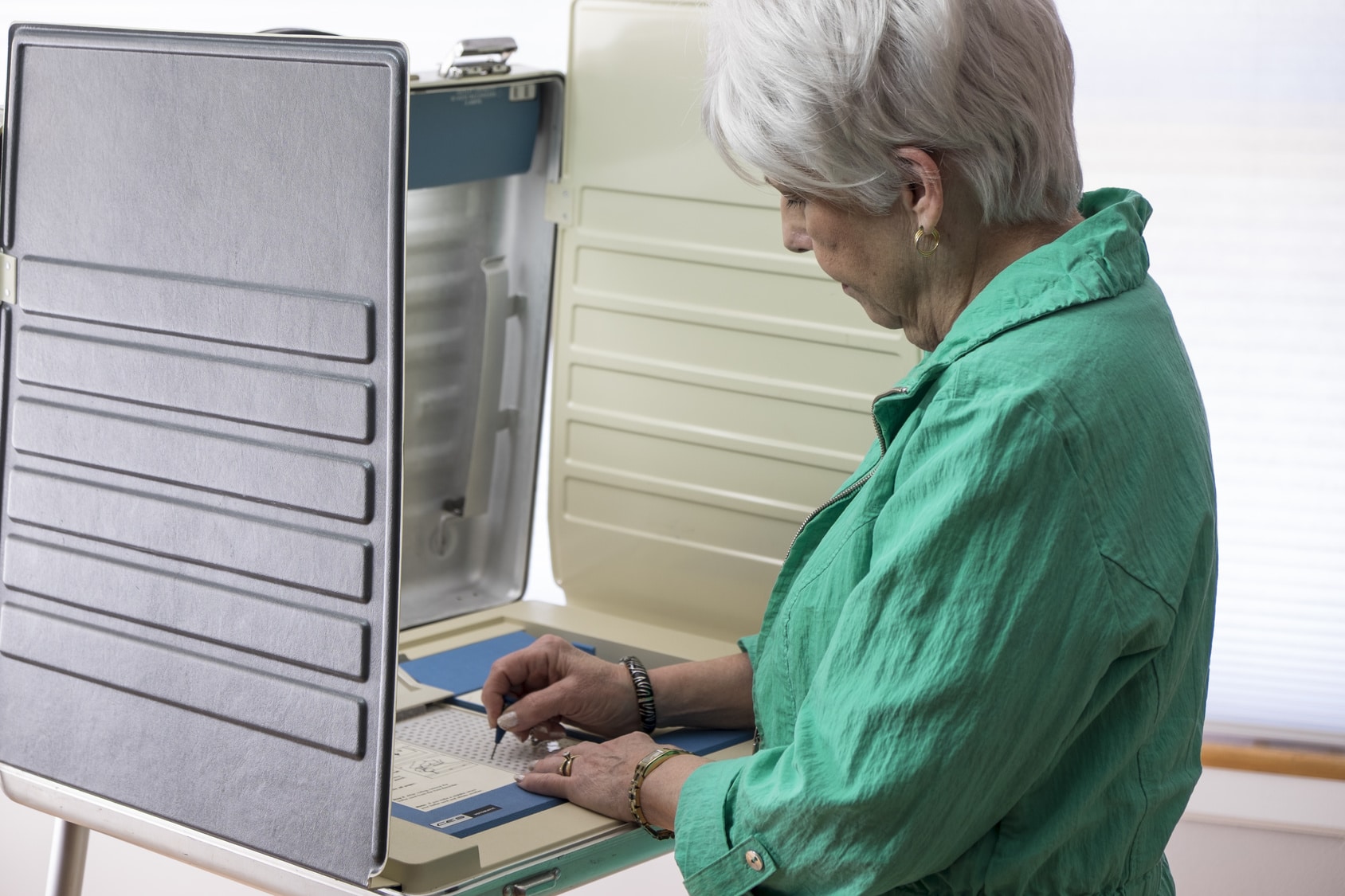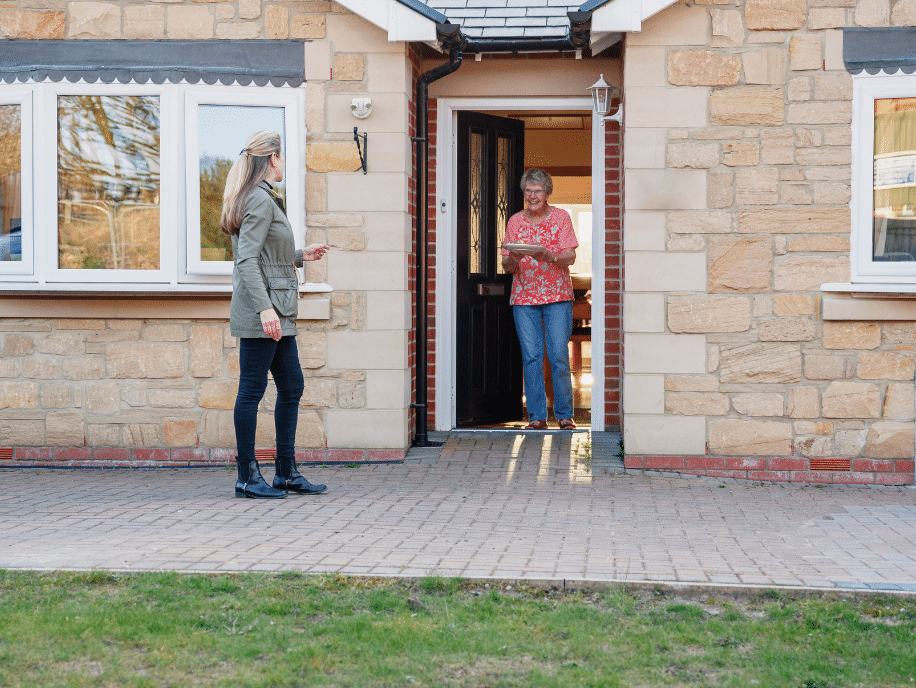
Election day is just days away! While there is a lot of emphasis on which presidential candidate may be best, it is also important to educate older Americans about federal laws that protect their voting rights.
The Voting Accessibility for the Elderly and Handicapped Act of 1984 (VAEHA) protects older people and people with disabilities by requiring accessible polling places. VAEHA is just one of several laws that helps to improve accessibility and the registration process.
In addition to learning more about federal laws, there are additional resources available to assist older and disabled voters learn more about the election. USA.gov provides information about the electoral process, how to make an informed vote, and finding your polling place.
The U.S. Election Assistance Commission offers “10 Tips for Voters with Disabilities”, which covers important topics that help make the voting process more accessible.
The National Ombudsman Resource Center provides resources to voters in long-term care facilities who have concerns about their voting rights. Voters can locate an ombudsman program through search options on the website.
Local Area Agencies on Aging and Aging and Disability Resource Centers may provide rides to polling places, but availability varies. Visit the Eldercare Locator to find out if transportation services are available near you.
It’s important that voters are able to access their polling places and exercise their right to vote.
If you would like more information about voting laws or have a complaint about your voting rights being violated, please visit the U.S. Department of Justice Civil Rights Division.
For help with filing complaints or general voting assistance, State Protection and Advocacy Systems (P&As) are a valuable resource. P&As receive funding to increase voter participation among voters with disabilities. Find your local P&A here.
We hope these resources are helpful to you and that on Election Day (or if you have an early voting option) you cast your vote!





